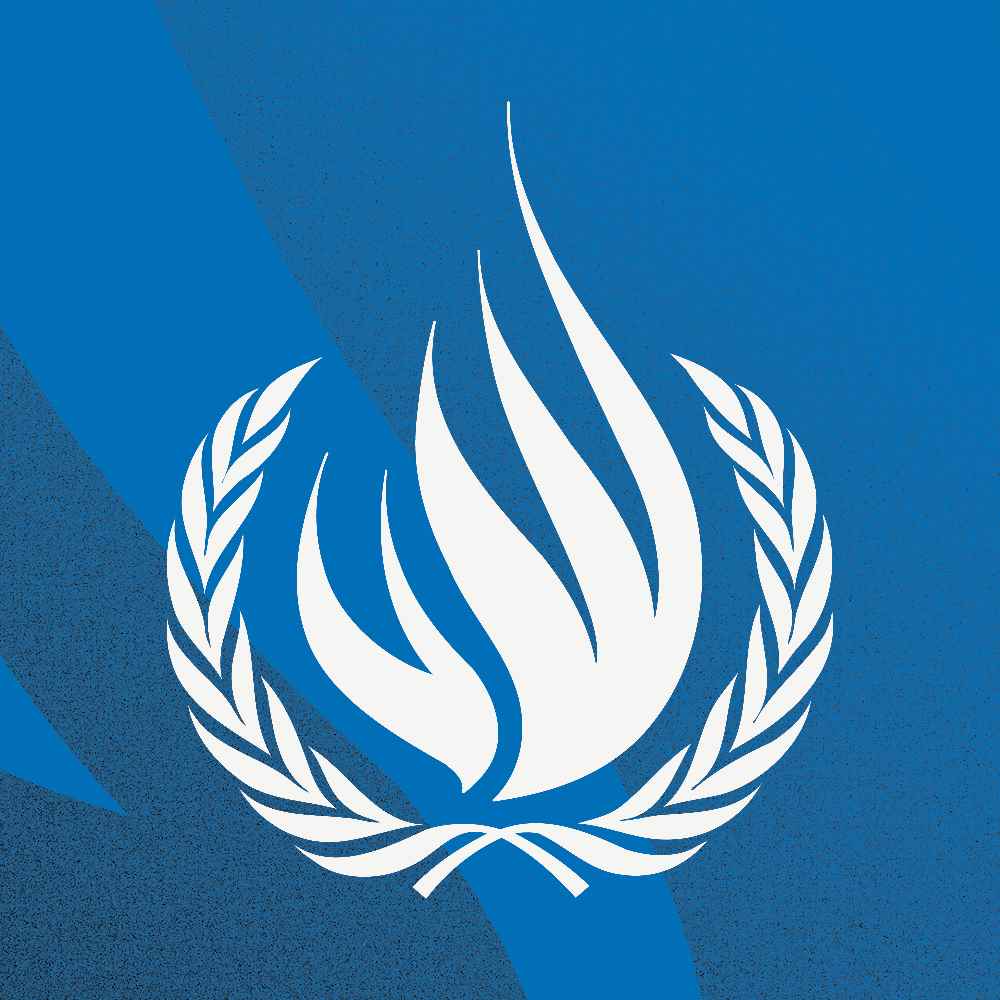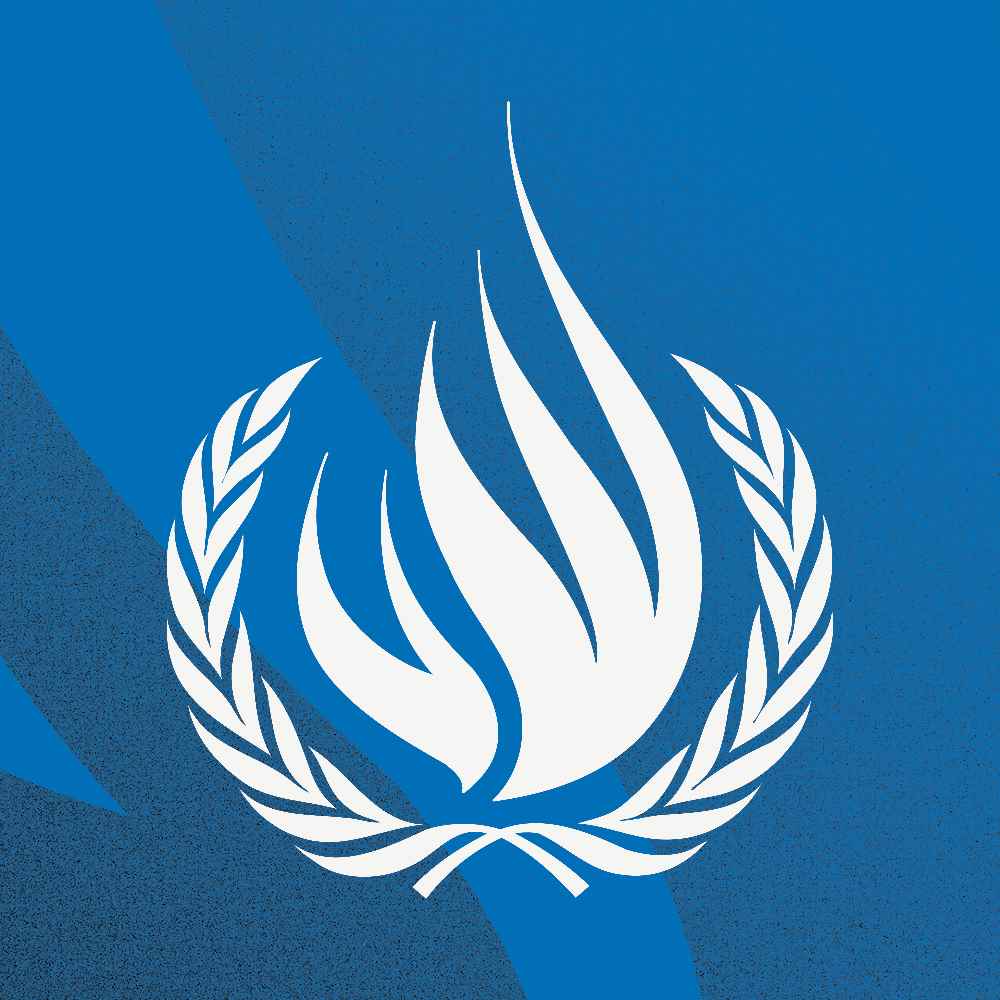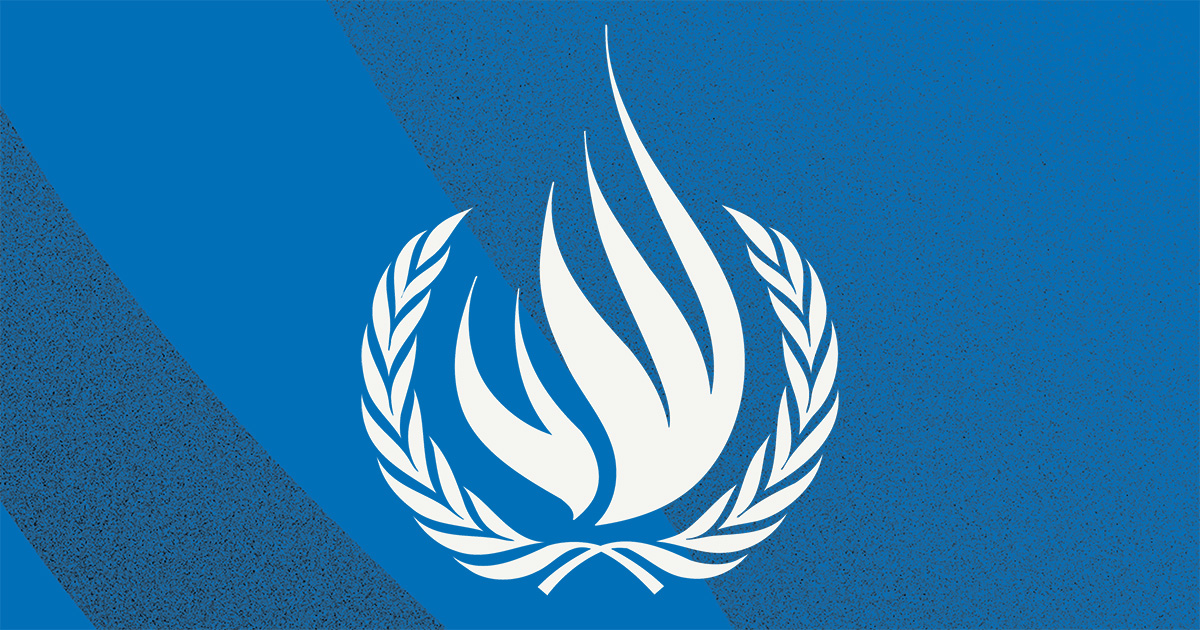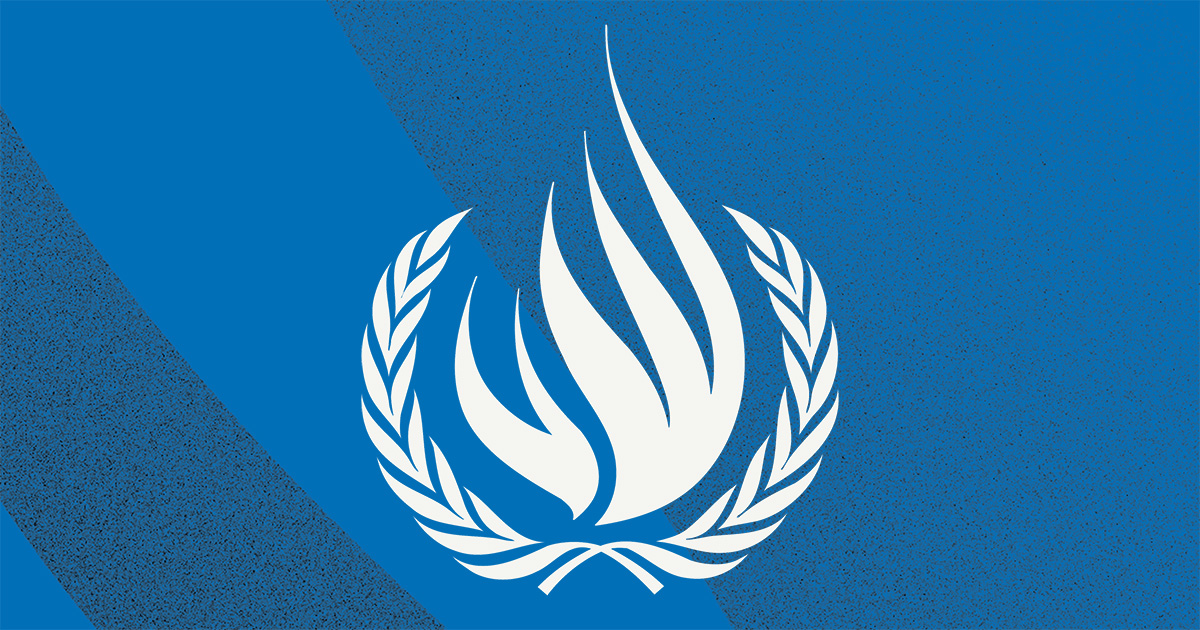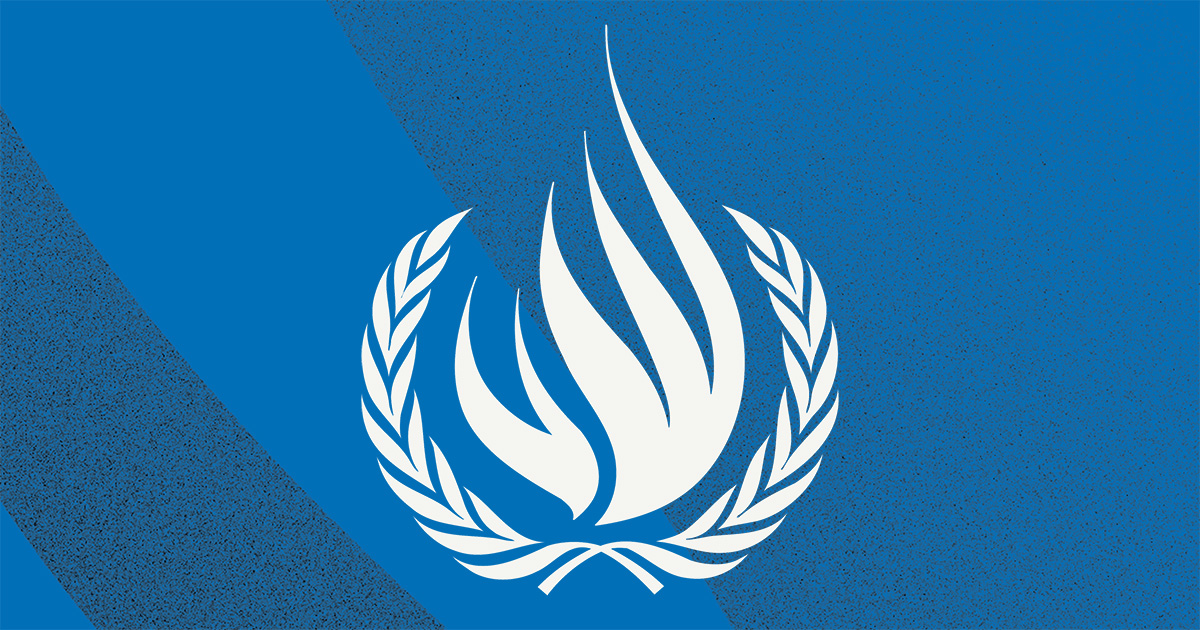
NEW YORK (27 October 2023) – The vast majority of countries that have laws and policies targeting individuals based on their sexual orientation or gender identity have inherited these practices from the legacy of colonisation, a UN expert said.
"Most colonial projects regulated sexuality and gender as part of their broader enterprise to dominate peoples and territories, and colonisation processes account for varied forms of violence and discrimination against individuals of diverse sexual orientation or gender identity,” said Victor Madrigal-Borloz, the Independent Expert on protection against violence and discrimination based on sexual orientation and gender identity.
In his report to the General Assembly, Madrigal-Borloz said the imposition of such norms was used as a tool for social control to reinforce discriminatory hierarchies using the law against persons characterised as deviant. While the law played a pivotal role in social control, he found that it was also at the base of complex systems of socialisation that included policing, medicine, literature and education, all placed at the service of controlling sexuality and gender in the colonies.
“Several countries have reevaluated and repealed inherited laws targeting lesbian, gay, bisexual, trans and gender diverse persons. Addressing colonial law- and policy-making processes and their impact is crucial for building a new future,” the expert said. “Once a country acquires self-government, it lies within its responsibility to forge and operate legal systems in conformity with International Human Rights Law. The negligent or deliberate action that results in continued criminalisation of LGBT persons is inadmissible,” he said.
Madrigal-Borloz reiterated that his mandate has provided abundant evidence of the detrimental impacts of sexual orientation and gender identity criminalisation.
“HIV prevalence among gay men and men who have sex with men in countries that criminalise same-sex intimacy is five times higher than in countries that do not have such laws,” the expert said, noting that in countries with recent prosecutions, HIV prevalence was almost 12 times as high. “The perpetuation of these laws fosters an ongoing hidden and dire environment for LGBT people, significantly impacting their access to goods and services, employment and education and health,” he said.
Victor Madrigal-Borloz is the UN Independent Expert on protection against violence and discrimination based on sexual orientation and gender identity
The Independent Expert is part of what are known as the Special Procedures of the Human Rights Council. Special Procedures, the largest body of independent experts in the UN Human Rights system, is the general name of the Council’s independent fact-finding and monitoring mechanisms that address either specific country situations or thematic issues in all parts of the world. Special Procedures experts work on a voluntary basis; they are not UN staff and do not receive a salary for their work. They are independent from any government or organization and serve in their individual capacity.
For more information and media requests please contact: Brian Griffey (+41 22 917 5008 / hrc-ie-sogi@un.org)
For media inquiries related to other UN independent experts, please contact Maya Derouaz (maya.derouaz@un.org) or Dharisha Indraguptha (dharisha.indraguptha@un.org)
Follow news related to the UN"s independent human rights experts on Twitter @UN_SPExperts
Concerned about the world we live in?
Then STAND UP for someone’s rights today.
#Standup4humanrights
and visit the web page at http://www.standup4humanrights.org




